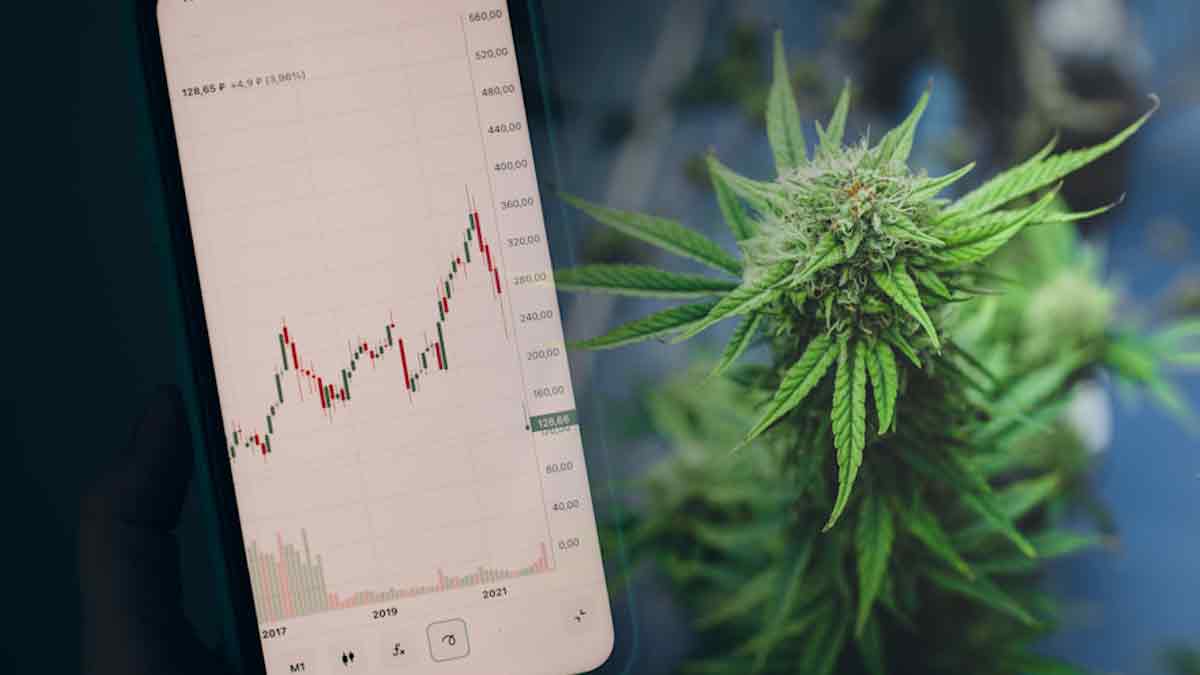Two-thirds of Colorado voted in favor of Proposition BB, which granted the state to hold on to all funds raised through marijuana taxes, after Colorado became the first in the nation to legalize and tax recreational marijuana use, in 2012.
State law says that voter-approved taxes, like the one on cannabis, be returned to citizens if revenue is higher than predicted in the first year.
Pueblo County, home to the world’s largest outdoor marijuana farm, voted to increase growers’ taxes to help pay for college scholarships, which expected to raise $3.5 million.
Recreational marijuana is legal in just four states – Washington, Alaska, and Oregon, in addition to Colorado – as well as the District of Columbia.
At least ten more are scheduled to vote in the near future, whether in legislatures or referenda, and critics and supporters alike are watching closely to see if Colorado can deliver on its promise to turn marijuana sales into more than pure profit.
Retail marijuana purchases in the Centennial State are subject to the 10 percent state marijuana tax, the 2.9 percent state sales tax, and a 15 percent excise, for a total of 27.9 percent, plus any local sales taxes.
“The people who were smoking marijuana before legalization still are. Now, they’re paying taxes,” Gov. John Hickenlooper told USA Today.
Another investigative study, from NYU, identified that ten percent of unlikely marijuana users said they’d be curious to try if it were legalized.
Pueblo County must attempt to teach teens to avoid marijuana, but simultaneously “Encourage the growth and development of that industry,” Tyler Henson, the president of the Colorado Cannabis Chamber of Commerce, told CNN. But balancing the competing demands of ‘sin taxes’ is nothing new.
State lotteries, for example, have long justified gambling by pointing to the money poured back into education, similar to Colorado’s marijuana revenues.
MAPH Enterprises, LLC | (305) 414-0128 | 1501 Venera Ave, Coral Gables, FL 33146 | new@marijuanastocks.com










